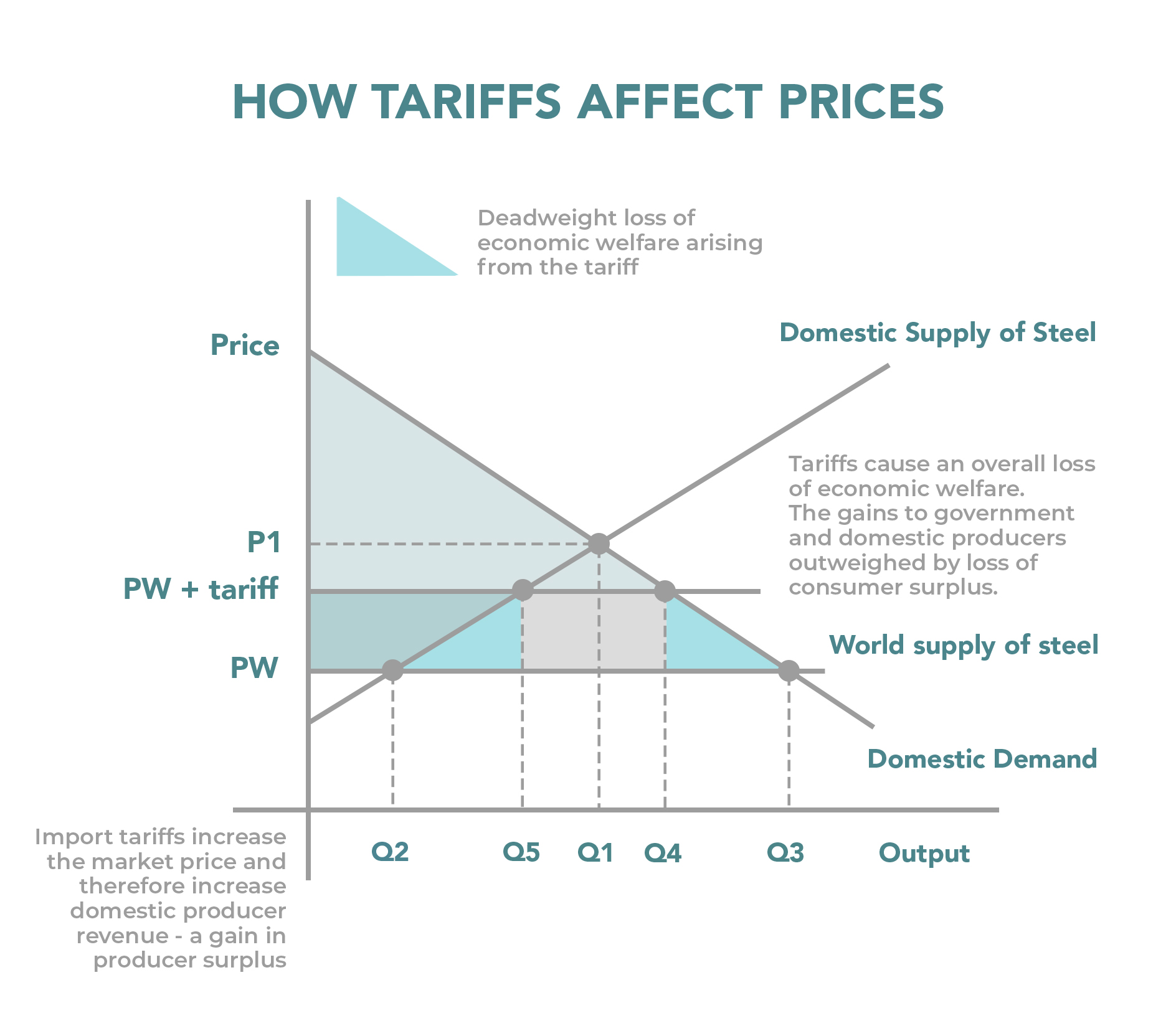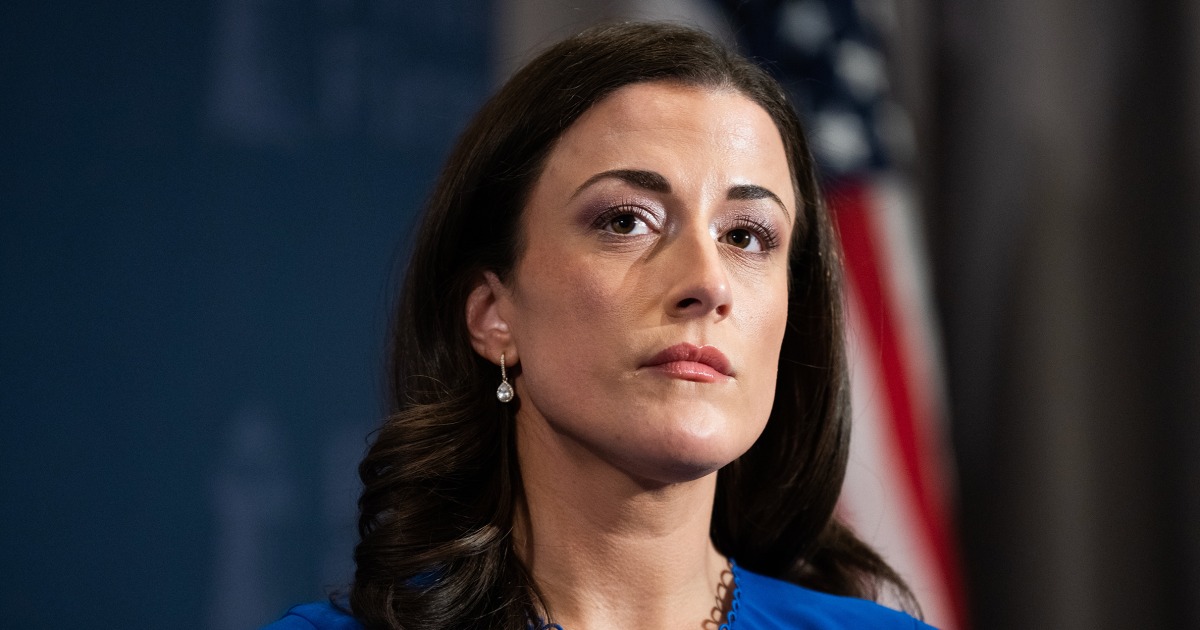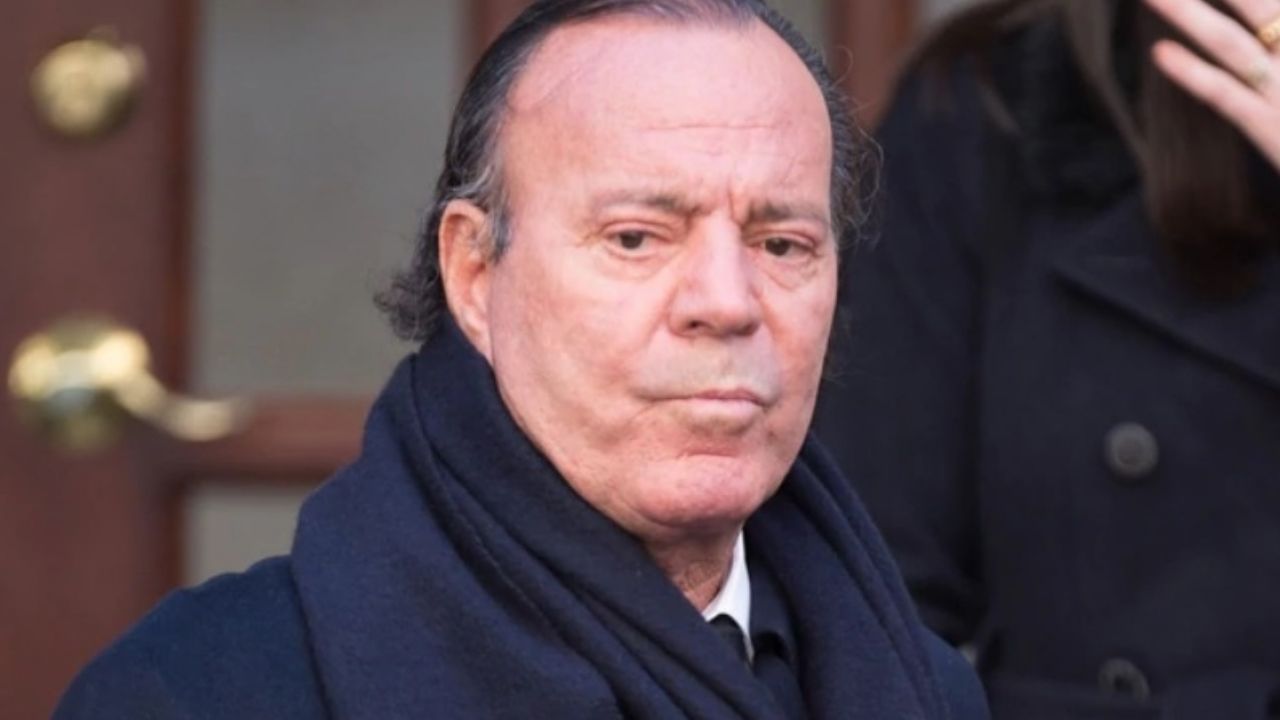Chris Kaba Panorama: Police Watchdog Challenges Ofcom

Table of Contents
The IOPC's Complaint Against the Panorama Programme
The IOPC launched a formal complaint against the BBC's Panorama programme, alleging that its broadcast negatively impacted their ongoing investigation into Chris Kaba's death. The IOPC argued that certain aspects of the programme were inaccurate and potentially prejudicial to their inquiry. They expressed deep concern that the programme's portrayal of the police investigation could compromise their ability to gather evidence and secure witness testimonies. The IOPC's challenge to Ofcom stems from the belief that if Ofcom's original decision stands, it could seriously undermine the integrity of their investigation and potentially jeopardize the pursuit of justice for Chris Kaba.
- Specific inaccuracies alleged by the IOPC: The IOPC cited specific instances where they believed the Panorama programme presented information inaccurately or out of context, potentially misleading the public.
- The IOPC's argument for why the broadcast potentially jeopardized the investigation: The IOPC argued that the programme's content could intimidate potential witnesses, influencing their statements and reducing cooperation with the ongoing inquiry. This could severely limit the IOPC's ability to reach a fair and just conclusion.
- The potential impact on witness statements and future cooperation: The IOPC voiced concerns that the public airing of certain details, even if unintentional, could taint potential witness testimonies and discourage future cooperation with police investigations, hindering future inquiries into police misconduct.
Ofcom's Initial Decision and its Justification
Ofcom, the UK's broadcasting regulator, initially dismissed the IOPC's complaint against the BBC Panorama programme. Their decision hinged on a judgment of fairness and impartiality, concluding that while the programme presented a critical perspective on the police investigation, it did not breach the Broadcasting Code. Ofcom emphasized the importance of investigative journalism and the public's right to information, particularly regarding matters of significant public interest like the death of Chris Kaba.
- Key points from Ofcom's statement regarding the programme: Ofcom highlighted the programme's adherence to journalistic standards, noting the attempts made to contact the relevant parties for comment and to present a balanced perspective.
- Specific rules or guidelines from the Broadcasting Code that were considered: Ofcom's assessment focused on adherence to guidelines regarding accuracy, impartiality, and due diligence in investigative journalism.
- Ofcom's assessment of the programme's impact on public perception: Ofcom acknowledged the programme's potential to influence public opinion but determined that this did not constitute a breach of the Broadcasting Code.
The IOPC's Challenge and its Potential Implications
The IOPC’s decision to challenge Ofcom's ruling represents a significant escalation in the already tense relationship between police oversight bodies and the media. This challenge raises important questions about the balance between police accountability and media freedom. The IOPC likely argues that Ofcom failed to adequately consider the potential harm to their investigation. The legal challenge could set a crucial precedent, potentially affecting how future investigations into police misconduct are covered by the media.
- The legal avenues the IOPC can pursue: The IOPC may appeal Ofcom's decision through the relevant legal channels.
- Potential consequences if the IOPC's challenge is successful: A successful challenge could significantly restrict the ability of investigative journalists to scrutinize police conduct, potentially impacting public trust and accountability.
- Wider implications for the relationship between police forces and the media: The outcome of this challenge will have a lasting impact on the relationship between the police and the media, shaping future investigations and media reporting on policing issues.
Public Reaction and the Importance of Transparency
Public reaction to both the Panorama programme and the IOPC's challenge has been highly polarized. Many support the programme's right to scrutinize police conduct, emphasizing the need for transparency and accountability, particularly in cases of alleged police brutality. Others express concern that the programme prejudiced the IOPC investigation. Social media discussions reflect this division, with strong opinions expressed on both sides. This underscores the importance of a transparent process in police investigations and highlights the vital role of media scrutiny in maintaining public trust and ensuring accountability.
- Summary of public opinion on the matter, supported by links to relevant sources: [Insert links to relevant news articles, social media analyses, and opinion pieces reflecting public sentiment].
- The impact of social media discussion on public perception: Social media played a crucial role in shaping public opinion, amplifying voices on both sides of the debate.
- The broader context of public trust in the police: The Chris Kaba case highlights the ongoing challenges surrounding public trust in the police and the need for robust mechanisms of accountability.
Conclusion: The Ongoing Battle for Accountability in the Chris Kaba Case
The IOPC's challenge to Ofcom's decision regarding the Chris Kaba Panorama programme represents a significant legal battle with far-reaching implications. The outcome will shape the future of police oversight, investigative journalism, and the public's right to know. The case underscores the tension between the need for transparent police investigations and the vital role of media scrutiny in ensuring accountability. This legal battle will determine the delicate balance between protecting ongoing investigations and safeguarding media freedom in reporting on crucial issues of public interest. Follow the Chris Kaba case developments to stay informed about this important legal battle and its implications for police accountability and media freedom. Learn more about police accountability and stay updated on the Chris Kaba Panorama investigation.

Featured Posts
-
 Retailers Sound Alarm Tariff Price Increases Inevitable
Apr 30, 2025
Retailers Sound Alarm Tariff Price Increases Inevitable
Apr 30, 2025 -
 Cassidy Hutchinsons Memoir Key Witness To January 6th Plans Fall Release
Apr 30, 2025
Cassidy Hutchinsons Memoir Key Witness To January 6th Plans Fall Release
Apr 30, 2025 -
 The Influence Of Blue Ivy Carter On Tina Knowles Iconic Eyebrows
Apr 30, 2025
The Influence Of Blue Ivy Carter On Tina Knowles Iconic Eyebrows
Apr 30, 2025 -
 Afa De Duelo Perdida Irreparable De Un Joven Talento
Apr 30, 2025
Afa De Duelo Perdida Irreparable De Un Joven Talento
Apr 30, 2025 -
 Significant Disney Layoffs 200 Employees Affected 538 Shut Down
Apr 30, 2025
Significant Disney Layoffs 200 Employees Affected 538 Shut Down
Apr 30, 2025
